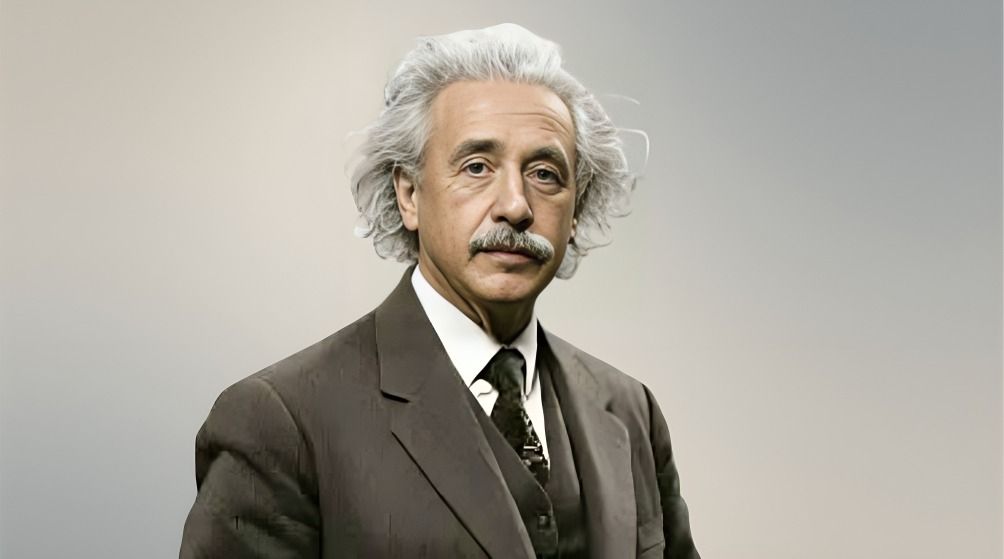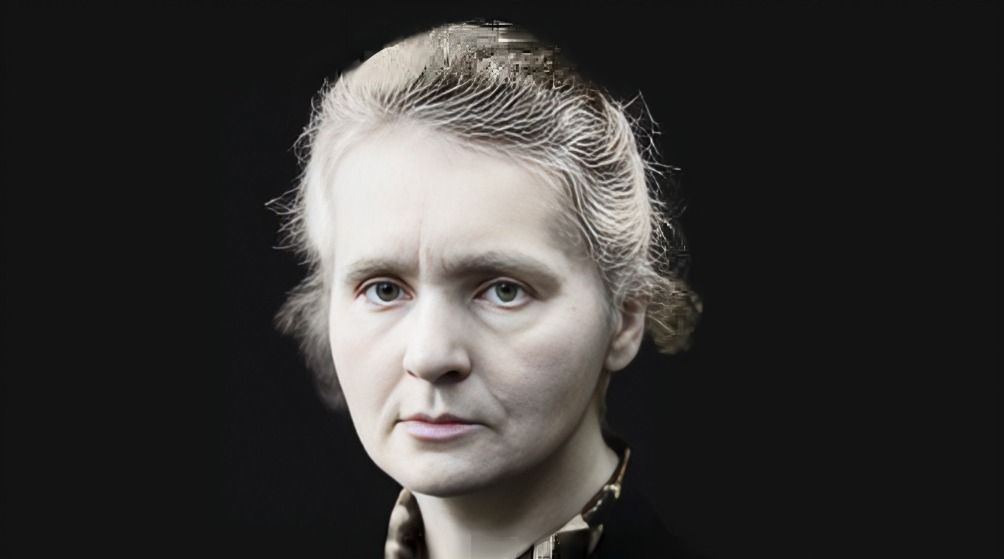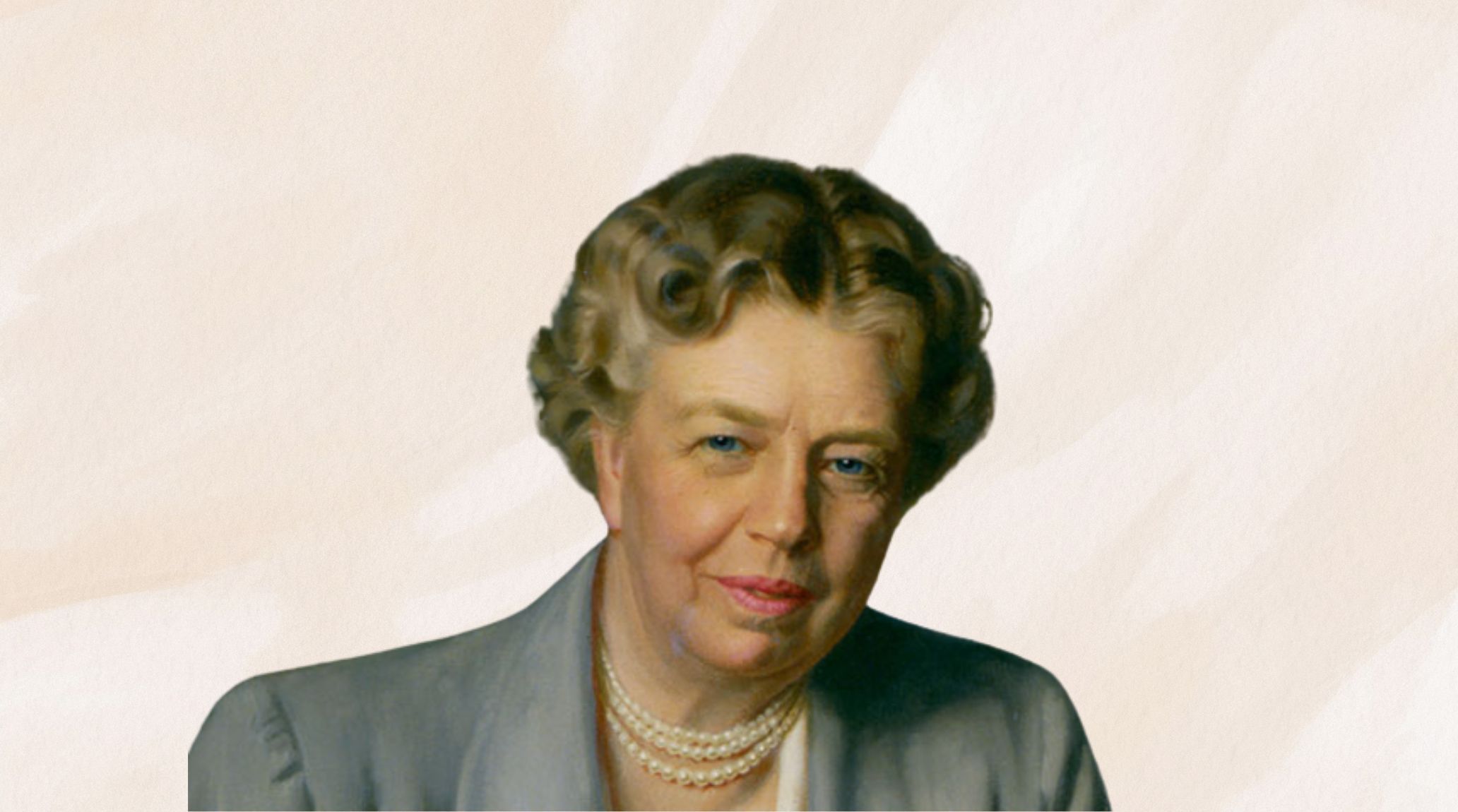
“
Eleanor Roosevelt was much more than the First Lady of the United States. Known for her tireless activism, she became one of the most influential women of the 20th century. Her work championing human rights, civil rights, and women’s rights continues to inspire generations. But Eleanor’s life was filled with even more incredible moments—from her role in drafting the Universal Declaration of Human Rights to her pioneering efforts in politics and diplomacy. In this blog, we’ll uncover 20 amazing facts about Eleanor Roosevelt, highlighting her impact on the world and her lasting legacy.1
”
Eleanor Roosevelt broke racial barriers by inviting African American singer Marian Anderson to perform at the White House, making a significant statement for racial equality during her time. 1
Eleanor changed the way First Ladies interacted with the press by holding press conferences specifically for female journalists. This innovative move helped elevate the visibility of women in the political sphere.2
As a pivotal figure in human rights, Eleanor's influence was seen in her role in drafting the United Nations Universal Declaration of Human Rights, a document that continues to guide international human rights efforts today. 3
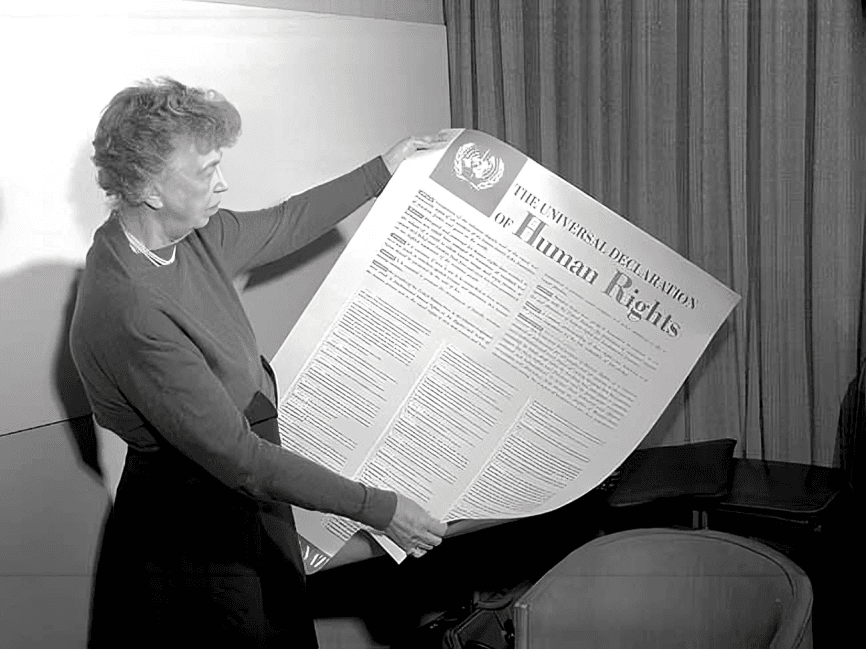
Eleanor was passionate about advancing women's rights. She pushed for greater political participation and founded the Women's Democratic News, a platform that helped amplify women’s voices in politics.
Eleanor’s early life was filled with personal struggles, including losing her mother at a young age and dealing with an alcoholic father. These experiences shaped her resilience and determination to make a difference.4
Known for her independence, Eleanor often spoke out against her husband’s policies when she disagreed with them. She valued her autonomy, and this strength of character became one of her defining features.5
As an advocate for civil rights, Eleanor was an ally to many marginalized groups. Her support for Marian Anderson was just one example of her willingness to challenge the norms of her time.6
Eleanor Roosevelt was a dedicated advocate for people with disabilities, working to improve their lives and supporting policies that helped her husband after his paralysis. 7
Eleanor used her platform as First Lady to bring attention to crucial social issues. Through her column My Day and radio broadcasts, she addressed topics like poverty, racism, and the rights of women. 8
During her travels abroad, Eleanor made a statement by wearing clothes made by local artisans. This gesture helped highlight cultural exchange and supported economic development in the countries she visited. 9
A passionate advocate for displaced persons and refugees, Eleanor’s travels took her to conflict zones and allowed her to champion the cause of humanitarian aid, particularly after World War II.10
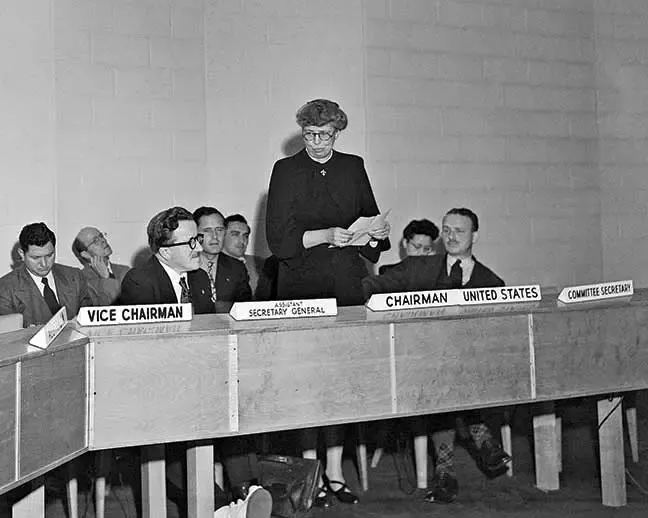
Eleanor redefined the First Lady role by advocating for global human rights and continued to champion equality, especially through her work with the United Nations after Franklin's passing.
Despite personal challenges, including Franklin’s health and their strained relationship, Eleanor remained committed to social activism, focusing on improving the lives of others. 11
Known for her resilience, Eleanor often took on public roles that required great courage. She used her voice to advocate for labor rights, including her support for the Fair Labor Standards Act of 1938.12
Eleanor's early years, marked by family instability, influenced her lifelong dedication to helping those in need. The hardships she experienced as a child inspired her to create meaningful change for others throughout her life. 13
As First Lady, Eleanor took an active role in helping to advance the civil rights movement. She made important decisions that opened doors for African Americans and helped to reshape America’s social landscape. 14
Throughout her life, Eleanor advocated for the rights of those often ignored by society. She fought for equal opportunities for individuals with disabilities and played a significant role in challenging public perceptions. 15
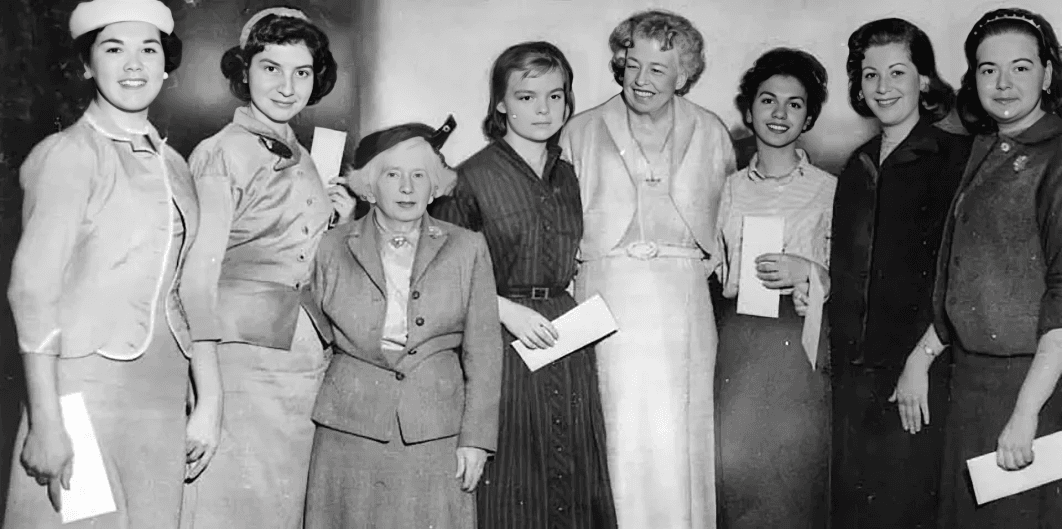
As First Lady, Eleanor used her public platform to champion causes like women’s empowerment, racial equality, and labor rights, becoming one of the most vocal and influential figures of her time.
Eleanor wasn't just a public figure; she was a thought leader and a writer. She used her daily column and speeches to inspire people worldwide, giving hope to those struggling with the challenges of the time. 16
Eleanor Roosevelt’s influence went beyond national borders. Her global efforts, especially in human rights, led to recognition after her death, cementing her legacy as one of the most important women of the 20th century. 17

